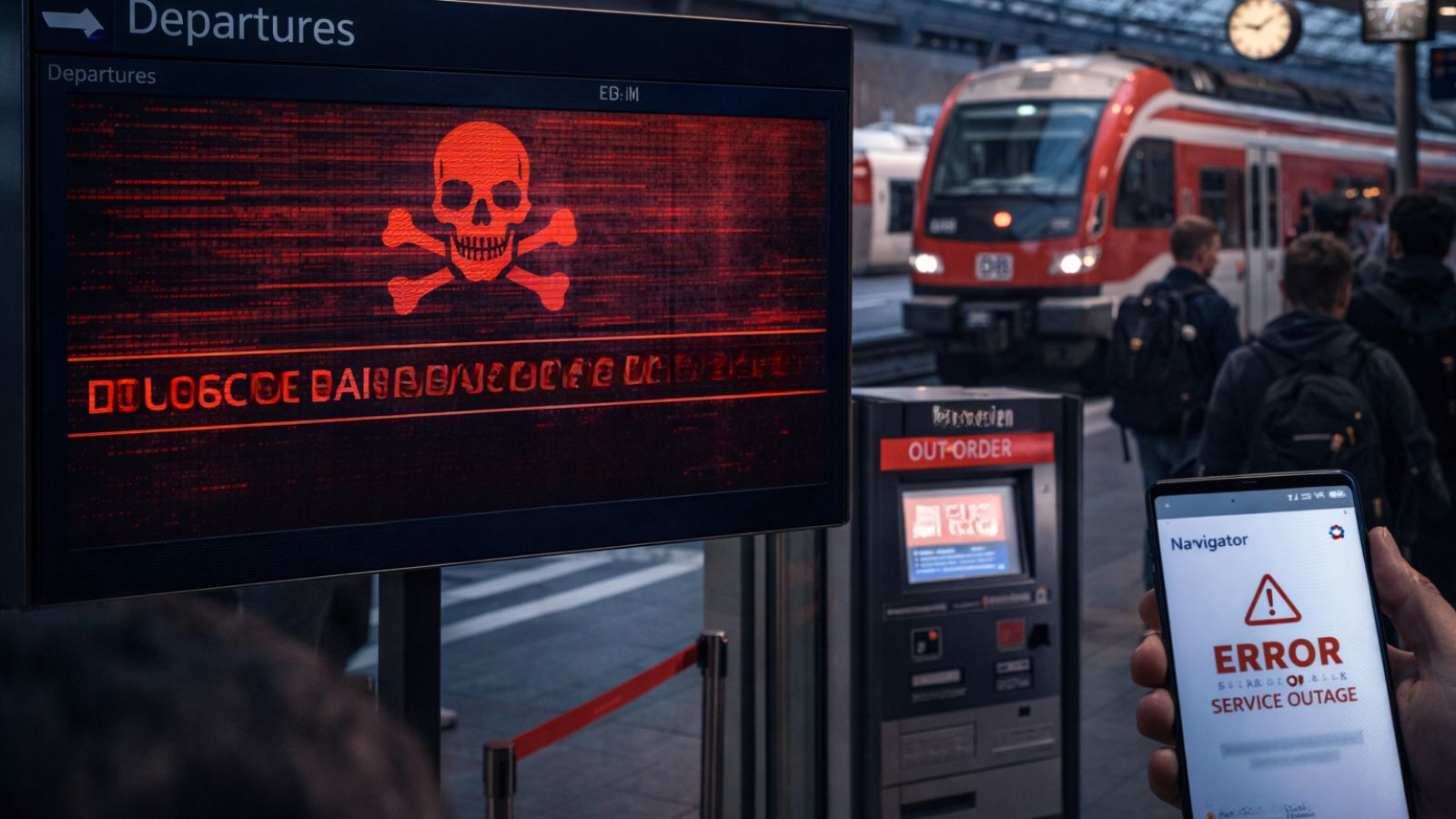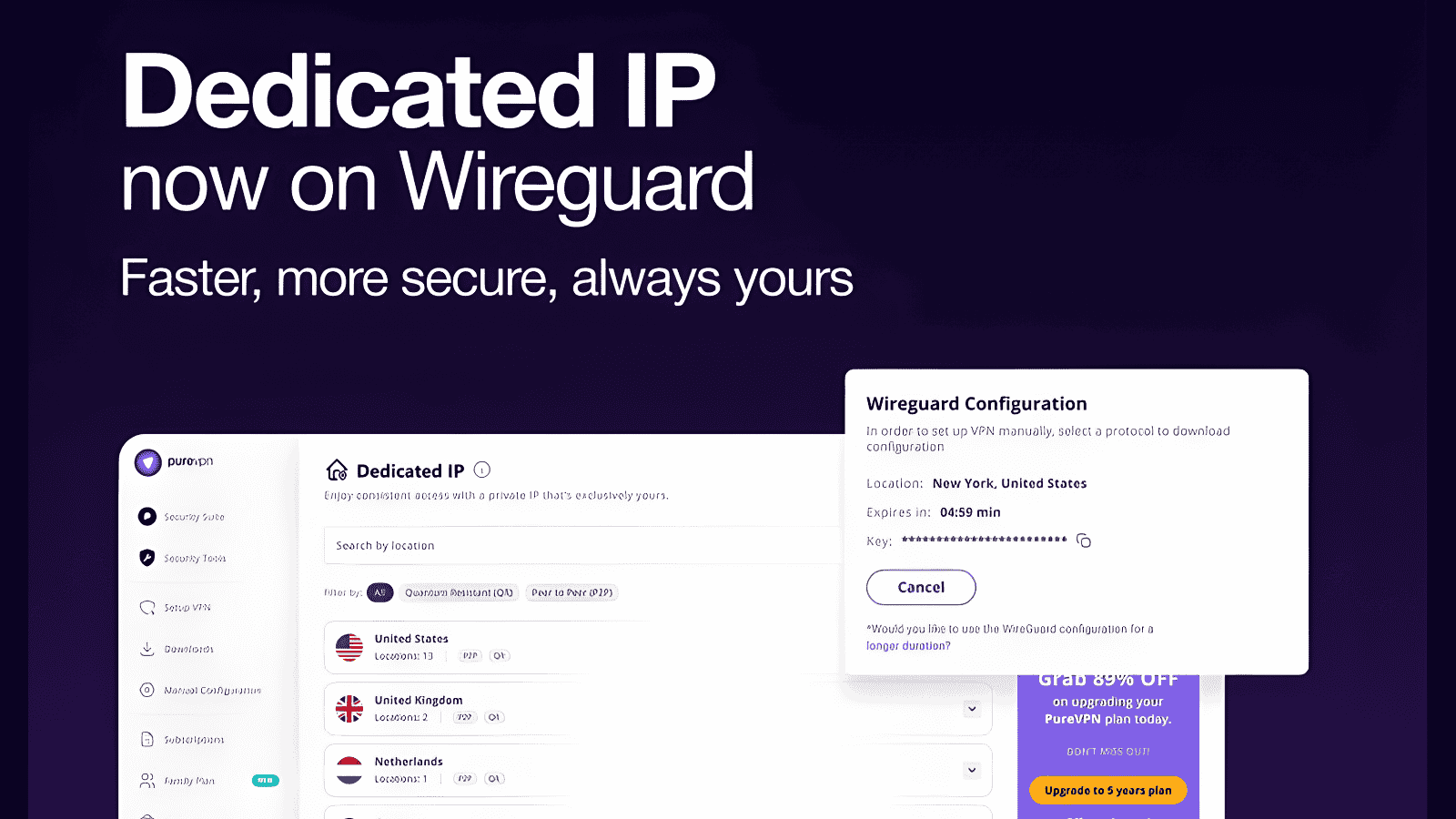
Logitech Confirms Data Breach After CL0P Ransomware Claim, Impacting Employees, Consumers, Suppliers
Key Takeaways
- Breach confirmed: Logitech has officially confirmed it experienced a cybersecurity incident involving data exfiltration in a recent SEC filing.
- CL0P Ransomware link: This follows claims made by the CL0P, which listed Logitech as a victim of a widespread campaign exploiting a third-party software vulnerability.
- Data impacted: The company stated that sensitive personal data, such as national ID numbers or credit card information, was not affected.
Logitech, a major manufacturer of computer peripherals and software, has confirmed it was the target of a recent data breach. The company stated the incident did not affect its products, business operations, or manufacturing processes. This confirmation follows the notorious CL0P ransomware group listing Logitech as a victim on its data leak site on November 6.
Details of the Oracle Vulnerability Exploit
In a Form 8-K filing with the U.S. Securities and Exchange Commission on November 14, the company disclosed that it experienced a cybersecurity incident resulting in the unauthorized exfiltration of data from its internal IT systems.
Logitech stated it believes the attackers gained access by exploiting a zero-day vulnerability in a third-party software platform and likely impacted:
- limited information about employees and consumers,
- data relating to customers and suppliers.
The compromised data likely included limited information related to employees, consumers, customers, and suppliers.
“The theft of nearly 1.8 terabytes of data in this latest attack against Logitech is a clear reminder that the modern supply chain has become one of the most valuable targets for threat actors,” said Shane Barney, CISO at Keeper Security. “When attackers compromise a trusted vendor, they gain a foothold that can be leveraged to reach multiple organizations at once.”
Company Response and Broader Implications
Following the detection of the Logitech data breach, the company initiated an investigation with the assistance of external cybersecurity firms. Logitech has expressed that it does not believe the incident will have a material adverse effect on its financial condition, partly because it holds a comprehensive cybersecurity insurance policy.
“The zero-day vulnerability was patched by Logitech following its release by the software platform vendor,” the filing said.
While the filing did not name the specific software, the incident aligns with a broader campaign by CL0P targeting an Oracle E-Business Suite vulnerability (EBS) (CVE-2025-61884) that affected over 100 organizations, including Harvard.
The Cl0p gang has claimed victims across various sectors, including technology, healthcare, and education, by systematically exploiting zero-day vulnerabilities in widely used enterprise software.
Neko Papez, Senior Manager, Cybersecurity Strategy at Menlo Security, recommends a focus on a robust browser security strategy, while James Maude, Field CTO at BeyondTrust, suggests thinking more about securing identities and access.
“We, as defenders, must think of our adversaries as business operators - they too must balance risk and reward,” said Trey Ford, CISO at Bugcrowd.
Barney said organizations can identify, isolate, and contain intrusions more effectively when a vendor or supply chain partner is breached by privileged access management supported by a zero-trust framework.









